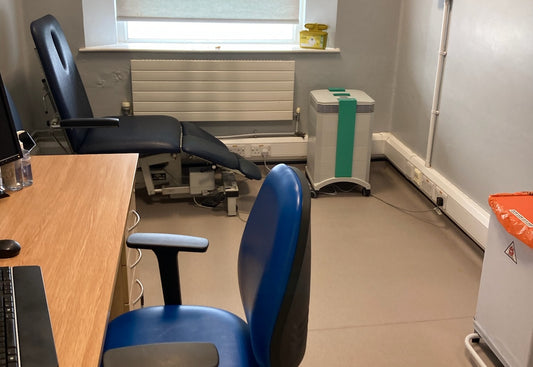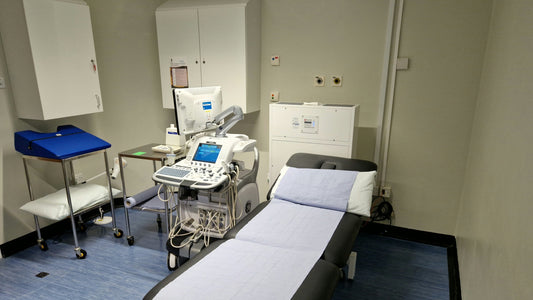According to BBC News, cases of norovirus recently exceeded one million in the UK, which is 83 per cent higher than at the same time last year - putting norovirus infection control on the map.
Norovirus, also known as Norwalk virus or, more commonly, as the winter vomiting bug, is a short-term viral infection characterised by nausea, vomiting (sometimes projectile vomiting) and diarrhoea.
What are the Symptoms of the Norovirus?
The symptoms from the Norovirus usually set in between 12 and 24 hours after infection has taken place and they generally clear up within 48 hours or, at worst, a few days. Although some people have said they 'thought they were dying' during an attack of norovirus it is not, in fact, dangerous in a healthy person. You don't even need to visit the doctor and, in fact, it is best if you do not. Because here is the concerning thing – norovirus is highly contagious. And, while a norovirus attack may be of no consequence to someone otherwise in good health it may escalate in someone whose immune system is compromised – the elderly, the very young or people who are ill. This is why we are now seeing hospitals focusing on norovirus as part of their airborne infection control and big notices in hospital receptions warning people to keep away if they have experienced any of the norovirus symptoms in the last 48 hours.
What are the best Norovirus Infection Control Measures?
Both individuals and people responsible for premises such as hospitals, schools, hotels, care homes and other places where the people are in a confined space need to be aware of the facts about norovirus and the best norovirus infection control measures. The norovirus is transmitted from person to person via contaminated food or water, and by airborne virus-containing particles that are formed if someone vomits in a public place (unfortunately, this does happen because symptoms can take hold without warning) or if the toilet is flushed when an episode of vomiting or diarrhoea has occurred (so flush with the lid closed). It is said that the norovirus can infect most of the people who are within a four-metre radius of a norovirus vomiting episode, which can produce as many as 30 million viruses (and you would only need to take 10 to 100 of these into your body to develop the infection).
The norovirus-containing particles fall upon surfaces such as furniture, door handles and fabrics which are then touched by someone. If they then touch their nose or mouth without first washing their hands, the norovirus enters the body. So, a good norovirus infection control measure is frequent handwashing (always after using the toilet and before eating or preparing food). This means washing with hot water and soap using the NHS recommended technique. Those handwashing gels you see in public places (and the miniatures for your bag) are not very effective against norovirus, so there is really no substitute for soap and water. If you are responsible for washroom facilities in a public place, be sure your handwashing equipment is up to scratch and checked out regularly. If you are responsible for keeping surfaces clean in premises open to the public or where a number of residents live, then domestic bleach (five tablespoons per litre of water) is a good weapon against the norovirus. Deploying an air purification system such as the IQAir Cleanroom H13 is an excellent method for capturing the virus when airborne, and before air-to-surface contamination occurs.
People in premises like care homes, hospitals or hotels who develop norovirus need to be isolated wherever possible so they do not infect others. There is a specific bleach-based deep cleaning protocol for decontaminating a room which has housed an infected person. It is also worth displaying posters with the NHS handwashing technique to remind employees of this vital protective step against the norovirus.
To discover how you can better protect yourself or those in your care from the Norovirus, contact our expert team at Commercial Air Filtration - Tel: 020 3176 0524, Email: Info@CommercialAirFiltration.co.uk.




